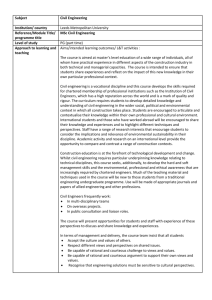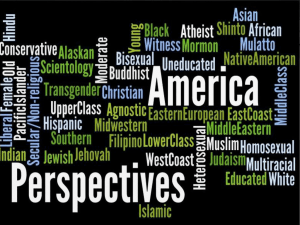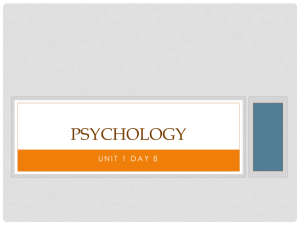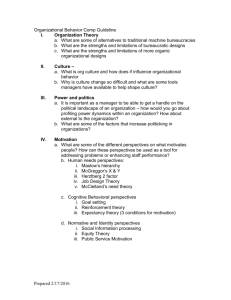Form E-1-A for Boston College Undergraduate Programs Program
advertisement
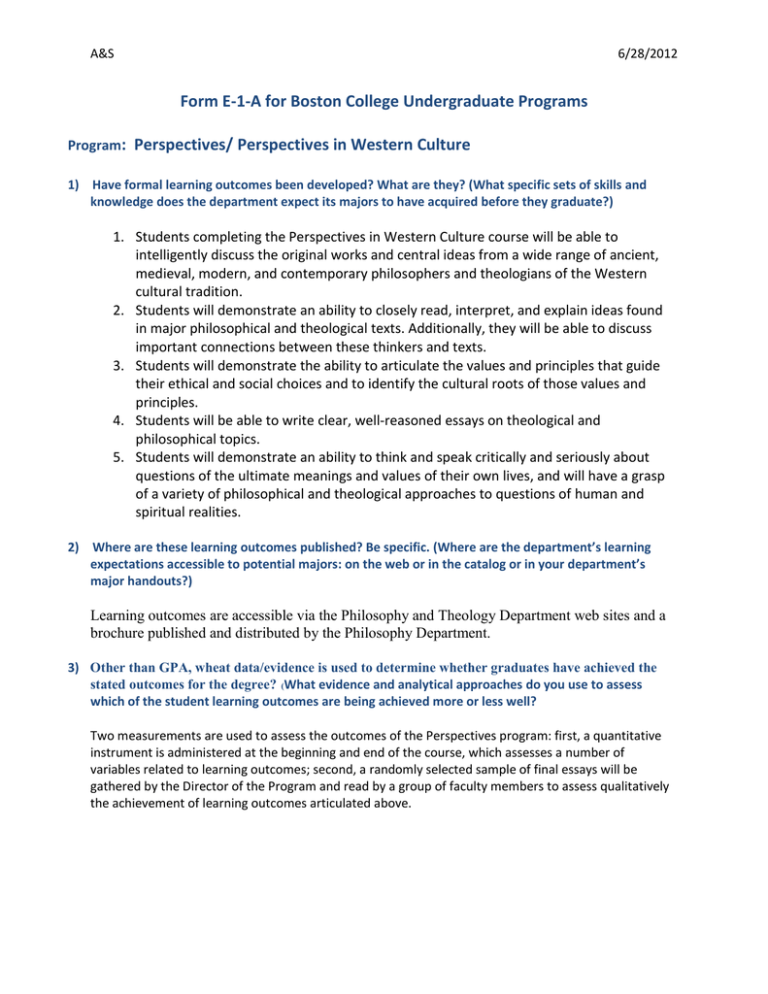
A&S 6/28/2012 Form E-1-A for Boston College Undergraduate Programs Program: Perspectives/ Perspectives in Western Culture 1) Have formal learning outcomes been developed? What are they? (What specific sets of skills and knowledge does the department expect its majors to have acquired before they graduate?) 1. Students completing the Perspectives in Western Culture course will be able to intelligently discuss the original works and central ideas from a wide range of ancient, medieval, modern, and contemporary philosophers and theologians of the Western cultural tradition. 2. Students will demonstrate an ability to closely read, interpret, and explain ideas found in major philosophical and theological texts. Additionally, they will be able to discuss important connections between these thinkers and texts. 3. Students will demonstrate the ability to articulate the values and principles that guide their ethical and social choices and to identify the cultural roots of those values and principles. 4. Students will be able to write clear, well-reasoned essays on theological and philosophical topics. 5. Students will demonstrate an ability to think and speak critically and seriously about questions of the ultimate meanings and values of their own lives, and will have a grasp of a variety of philosophical and theological approaches to questions of human and spiritual realities. 2) Where are these learning outcomes published? Be specific. (Where are the department’s learning expectations accessible to potential majors: on the web or in the catalog or in your department’s major handouts?) Learning outcomes are accessible via the Philosophy and Theology Department web sites and a brochure published and distributed by the Philosophy Department. 3) Other than GPA, wheat data/evidence is used to determine whether graduates have achieved the stated outcomes for the degree? (What evidence and analytical approaches do you use to assess which of the student learning outcomes are being achieved more or less well? Two measurements are used to assess the outcomes of the Perspectives program: first, a quantitative instrument is administered at the beginning and end of the course, which assesses a number of variables related to learning outcomes; second, a randomly selected sample of final essays will be gathered by the Director of the Program and read by a group of faculty members to assess qualitatively the achievement of learning outcomes articulated above. A&S 6/28/2012 4) Who interprets the evidence? What is the process? (Who in the department is responsible for interpreting the data and making recommendations for curriculum or assignment changes if appropriate? When does this occur?) The Director of the Perspectives Program will appoint a panel of Philosophy and Theology faculty who have background and experience in data analysis to review the findings of the quantitative surveys. This faculty panel will present its findings to the Perspectives faculty in a dedicated session of the program’s annual May Workshop. Additionally, the Director will appoint a committee of faculty representatives from both the Philosophy and Theology Departments to read and summarize the randomly selected sample of final essays. The panel will evaluate these reflections as they relate to learning outcomes and will report these findings to the Perspectives faculty at the annual May workshop.
